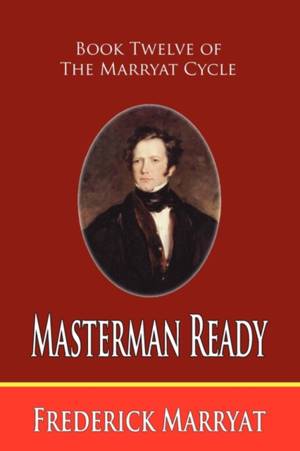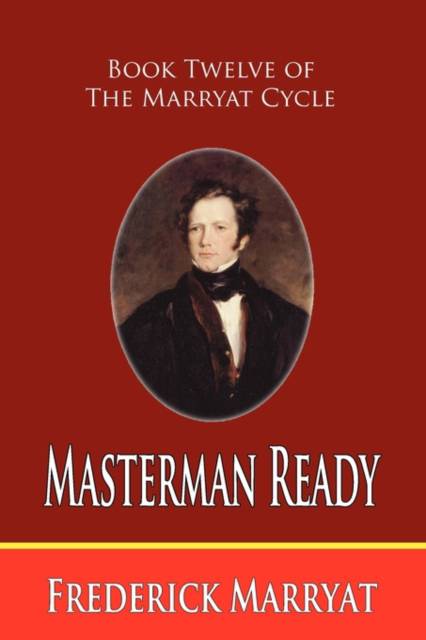
Bedankt voor het vertrouwen het afgelopen jaar! Om jou te bedanken bieden we GRATIS verzending (in België) aan op alles gedurende de hele maand januari.
- Afhalen na 1 uur in een winkel met voorraad
- In januari gratis thuislevering in België
- Ruim aanbod met 7 miljoen producten
Bedankt voor het vertrouwen het afgelopen jaar! Om jou te bedanken bieden we GRATIS verzending (in België) aan op alles gedurende de hele maand januari.
- Afhalen na 1 uur in een winkel met voorraad
- In januari gratis thuislevering in België
- Ruim aanbod met 7 miljoen producten
Zoeken
€ 27,95
+ 55 punten
Omschrijving
If you seek to understand nautical fiction, you must begin with Frederick Marryat. "Forster was certainly correct in declaring [Masterman Ready] the most read, and the most willingly reread, of its class. For its mere cleverness alone the book can be enjoyed by the oldest of readers... [It] is one of the best, perhaps the very best, thing of its kind in English." - David Hannay Only Frederick Marryat would have the nerve to take a shopworn theme like a group of people shipwrecked on a deserted island, and turn it into a classic. Masterman Ready is clearly worthy of standing next to Daniel Defoe's Robinson Crusoe, and Johann David Wyss' Swiss Family Robinson. A family is en route to Australia by ship. The ship is caught in a storm and abandoned by the crew-leaving a lone family and an aging seaman (Masterman Ready) on board. The ship does not sink, however, but makes it to an uninhabited island. They make it to shore, only to run into a whole different set of problems trying to survive. The ending is one you will never forget.
Specificaties
Betrokkenen
- Auteur(s):
- Uitgeverij:
Inhoud
- Aantal bladzijden:
- 328
- Taal:
- Engels
Eigenschappen
- Productcode (EAN):
- 9781935585121
- Verschijningsdatum:
- 25/01/2010
- Uitvoering:
- Paperback
- Formaat:
- Trade paperback (VS)
- Afmetingen:
- 152 mm x 229 mm
- Gewicht:
- 480 g

Alleen bij Standaard Boekhandel
+ 55 punten op je klantenkaart van Standaard Boekhandel
Beoordelingen
We publiceren alleen reviews die voldoen aan de voorwaarden voor reviews. Bekijk onze voorwaarden voor reviews.









